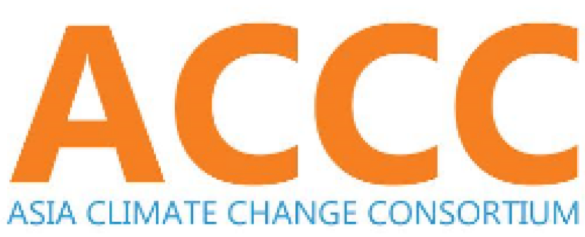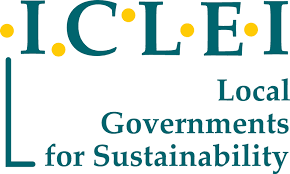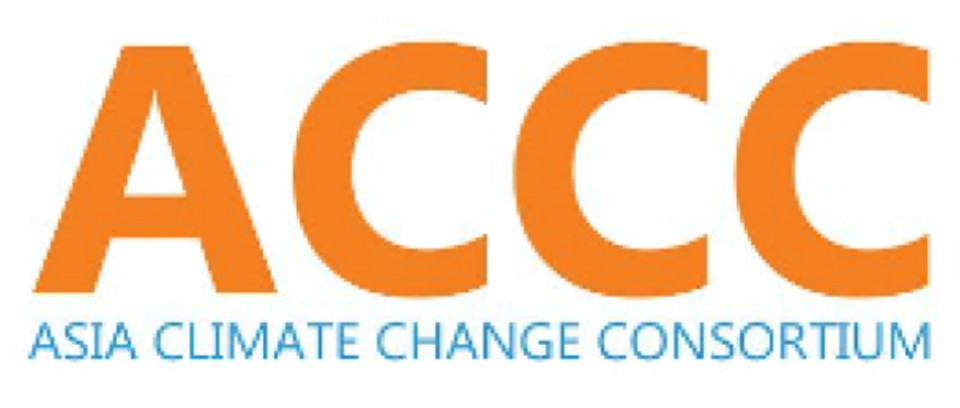ACCC is working to ensure finance is available and predictable for climate mitigation and adaptation under the principles of climate justice and gender integration.
Key Messages
- Grants not Loans. climate finance should not reinforce debt
- Should be needs-based: for all climate financing (note: straightforward per climate financing providers; financing assessment). Responsive to the call of urgent emissions reduction and to the needs of those that need them the most;
- Genuine Direct Access and Localized. Direct access for small-scale enterprises/CSOs; inclusive; proportionally distributed; decentralization; equitable financing; Financing window within the GCF; allocation for communities/vulnerable groups; localization
- No to market mechanisms. Farmers are not benefiting from market mechanisms
- The most vulnerable must Co-Design and Co-Benefit from any climate financing
- For example, in climate insurance; financial security for farmers; who pays the premium? (in Cambodia – national assistance fund;social safety net in Bangladesh; trigger-based solutions)
- Should be agile and can meet the calls for urgency
- Value of/ respect for/ recognition of role of community wisdom and knowledge in Assessments; soft science; indigenous knowledge in risk assessments; indigenous knowledge should be incorporated in the crafting of solutions
- Should have Environmental, Social, Governance safeguards: consideration for / inclusion of traditionally community soft science in impacts assessment; both soft science and empirical science, Finance flow should be consistent with 1.5
- Appropriate and considerate with the SDGs – no to dirty energy, destruction of ecosystems, maladaptation, false solutions, profit-only and profit-driven interventions
- Should be New, Additional, Predictable, andsubjected to monitoring, evaluation, accountability principle, and leaning.





 c/o Rice Watch Action Network
c/o Rice Watch Action Network